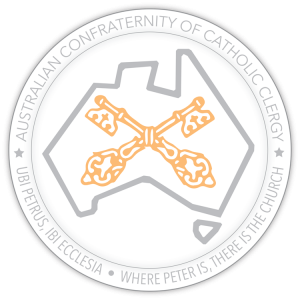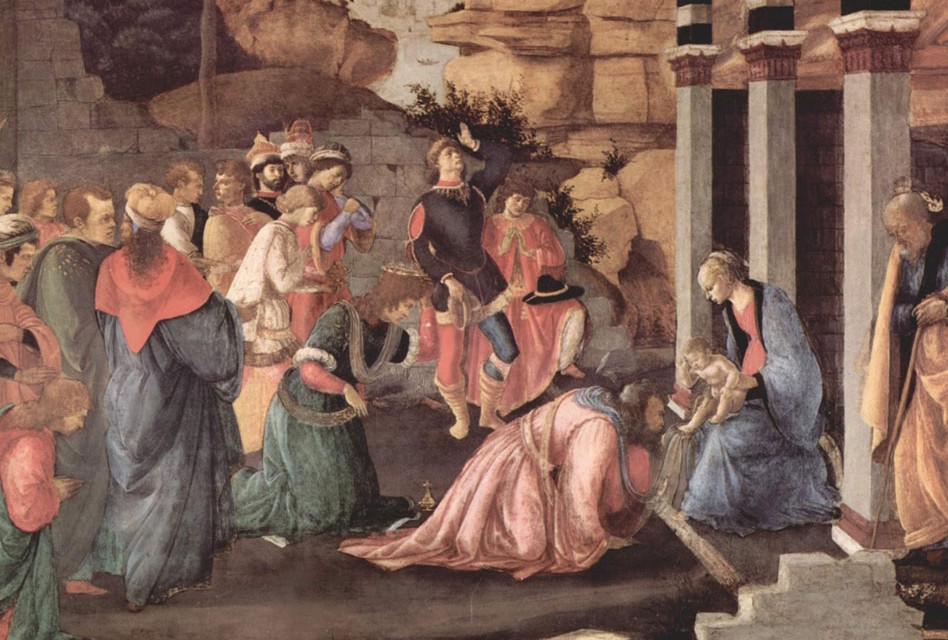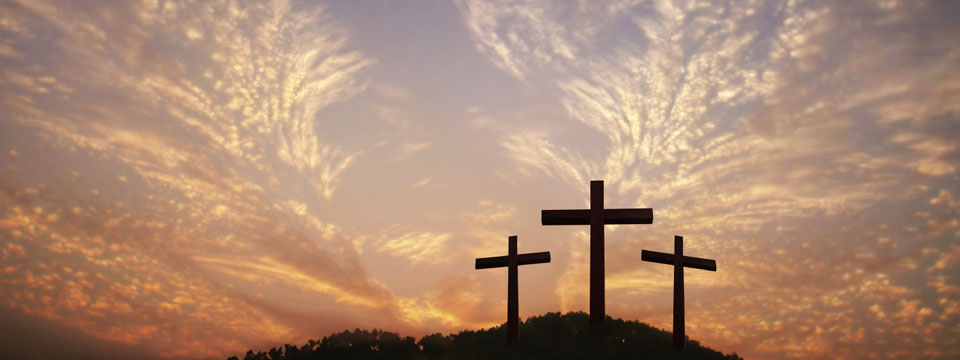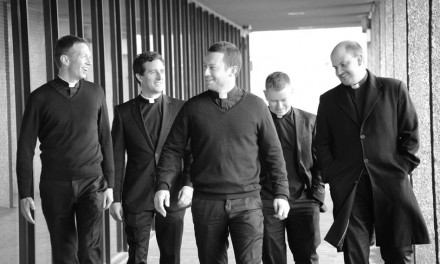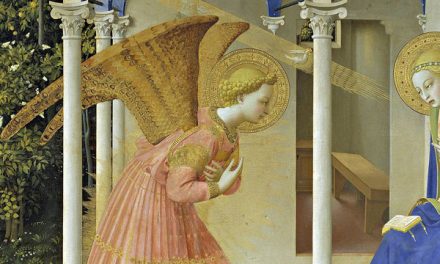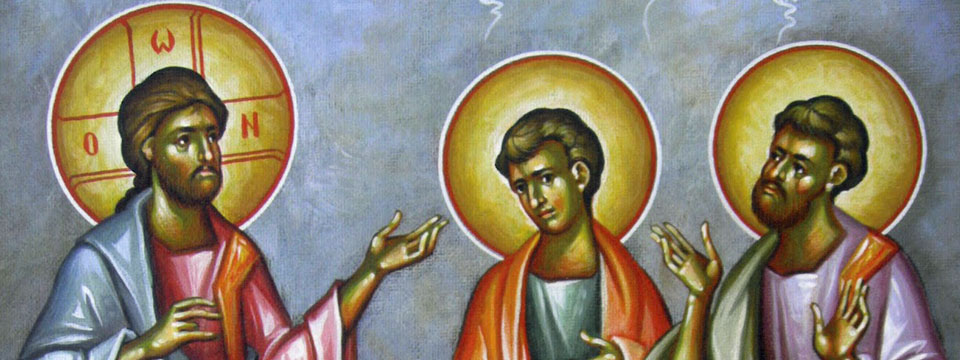“The Magi, seeing the star, said to each other: this is the sign of a great King: let us go and seek Him, and let us offer Him gifts, gold, incense and myrrh.” — Antiphon to the Magnificat.
Dear brothers in the priesthood, deacons, and brothers and sisters of the lay faithful: It is very appropriate on this eve the Solemnity of the Epiphany, as we commence our Conference, that we should be placing ourselves before the Lord in adoration. That was the stated purpose of the Magi: “we have seen his star when it rose and have come to worship Him.” (Mt 2:2) After their long and arduous journey their purpose was achieved, we are told, with “exceeding great joy:”
Coming into the house, they saw the young Child with Mary His Mother, and falling down, they worshipped Him. (Mt 2:10-11)
Print Friendly Format
Download and view this article as it appeared in the Winter 2015 issue of The Priest.
I pray that a great measure of that same joy accompanies each of us this evening.
This incident is recorded only by St Matthew. Let us take note here of his use of the verb “to adore” (proskynéo). Taken together with the other places where it does not appear in parallel accounts given by the other evangelists, its use by the first evangelist makes it one of the distinctive features of St Matthew’s gospel. It is the posture of the leper seeking to be healed (Mt 8:2), of ‘the ruler’ making his petition (9:18), of those in the boat who saw the Lord rescue Peter from sinking (14:33), of the Canaanite woman seeking help (15:25), of the mother of Zebedee’s sons asking a favour, and of the women at the empty tomb (28:9).
The detail of these individuals in falling down in adoration before Christ culminates finally on the mountain in Galilee where the Eleven were directed to meet with Him to receive their great commission:
“When they saw him they worshipped him.” (28:17)
Here the evangelist uses again precisely the same verb form as he had used of the Magi at the beginning of his gospel. The two passages embrace Matthew’s whole account, suggesting that all the nations have now become the heirs of the Magi. The Apostles are sent forth, themselves like stars, “their voice goes out through all the earth, and their words to the end of the world” to lead all peoples on that same journey first traversed by the wise men from the East: to shepherd the peoples of the ages to come, to fall down and worship the Lord, the Son of God and the Son of Mary.
And all this happens, not in the makeshift accommodation of the stable of his birth, for there is a clear detail given: the Mother and Child are now in “a house.” The mission of the Apostles is to bring the world to Bethlehem, to this House of Bread, the House of the Church, where uniquely is found the Bread of the Eucharist. Like the Magi, when we enter this house which is the Church, we are led to the altar, where the Mother presents the Child for the adoration of those who have come in the fulfilment of their quest. “The Altar is another Bethlehem; the Blessed Sacrament a continual Christmas.” Well might we exclaim after the Consecration: “The great God of heaven is come down to earth, His Mother a Virgin, and sinless His birth.” It is not by coincidence or by artistic choice that in an eastern church the icon in the apse, above the altar, is typically that of the Virgin presenting her Child.
Dear brothers: worship, adoration, and the service of the altar lie at the heart of our priestly life and duty. So we commence our conference, here in the heart of the Church, here in adoration of the one and the same Lord whom the Magi worshipped, here with Him in His House of Bread.
The conduct of the rites of worship, the Liturgy of the Church is the means by which the earthly veil is drawn aside. We step, leading our people, across the threshold of eternity, into the holy of holies, to participate with the angels and the saints in the perfected worship around the throne of the Lamb: all this is of the essence of our priestly work.
However, the bringing together of the outward rites we perform with the interior dispositions of our own hearts – our personal union with Him if we are to be the first among the Lord’s true worshippers – that is the challenge of our priestly being and living. When we were exhorted at our ordination to be as holy as the actions we perform, the bishop in fact stated a precept: we who are priests of Jesus Christ must above all be examples of true worship, the first of all those who adore the Lord in spirit and in truth.
So, we look forward to the nourishment which these days will bring, of mind and spirit, the company of priestly friends, old and new, and the strengthening of our love for the Church and our courage in her service. We have our gifts to offer Him and to offer each other. May the inspirations of this Feast flow through our time together, for soon enough for us, as it was for the Magi, we will have to return to our own countries. Through the intercession of the Blessed Virgin, Mother of Priests and Queen of the Clergy, may the days of this International Conference be blessed and profitable for each of us. Amen.
